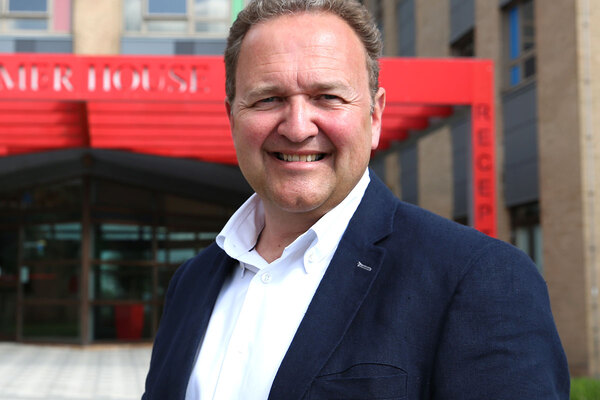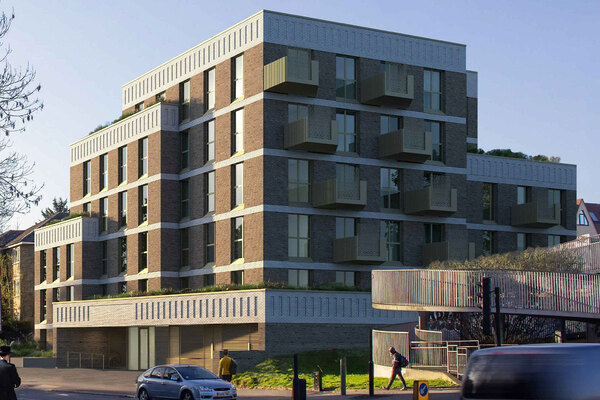You are viewing 1 of your 1 free articles
Scrapping borrowing cap ‘has already had intended effect’ for council development plans, says report
Two-thirds of councils plan to increase housebuilding in the near future while the other third have already done so in the wake of the Housing Revenue Account (HRA) borrowing cap being scrapped, a new report has found.
The figures were gathered through a survey of 51 town halls by the District Councils’ Network (DCN), a special interest group of the Local Government Association, and the Local Government Information Unit (LGIU).
Seventeen councils have already increased building, with the other 34 respondents are planning to do so soon.
DCN said the government’s decision to abolish the HRA borrowing cap in October “has already had the intended effect”.
Some councils told the group that the removal of the cap will allow them to deliver an extra 500 homes.
However, the report said plans “varied widely, reflecting differences in geography, scale, local economy, housing markets and appetites for risk”.
The report called for ministers to help remove further barriers to council development such as a lack of capacity and experience, uncertainty over long-term funding arrangements and the inability to retain Right to Buy receipts.
It also said more could be done to help councils without an HRA.
John Fuller, chair of DCN and leader of South Norfolk District Council, said: “All councils just want to get on and build homes people need. Stock-holding authorities have had a head start in getting back into the housebuilding industry.
“HRA freedoms are a welcome start but the government needs to allow us to go further.
“It must reform Right to Buy, implement a streamlined compulsory purchase order process, introduce step-in rights to intervene on stalled proposals, and release Housing Infrastructure Funding to enable all areas to contribute to getting a roof over everyone’s head.”
Related Files
Theresa May announced the removal of the HRA cap at the Conservative Party conference last autumn, following years of campaigning from councils.
The cap, imposed by the government in 2012, placed a limit on how much debt councils could take on to invest in housing.
Jonathan Carr-West, chief executive of the LGIU, said: “Today’s report highlights the great strides that district councils have made in rising to the housing challenges of the last few years.
“The scrapping of the HRA borrowing cap has opened many doors for district councils up and down the country to build and plan for new homes.
“And, while this should be celebrated, it is unacceptable that councils still have no clear indication about how they will be funded this time next year.
“This is a massive hindrance on their ability to further plan for the future and build the homes that are desperately needed in their communities.”












